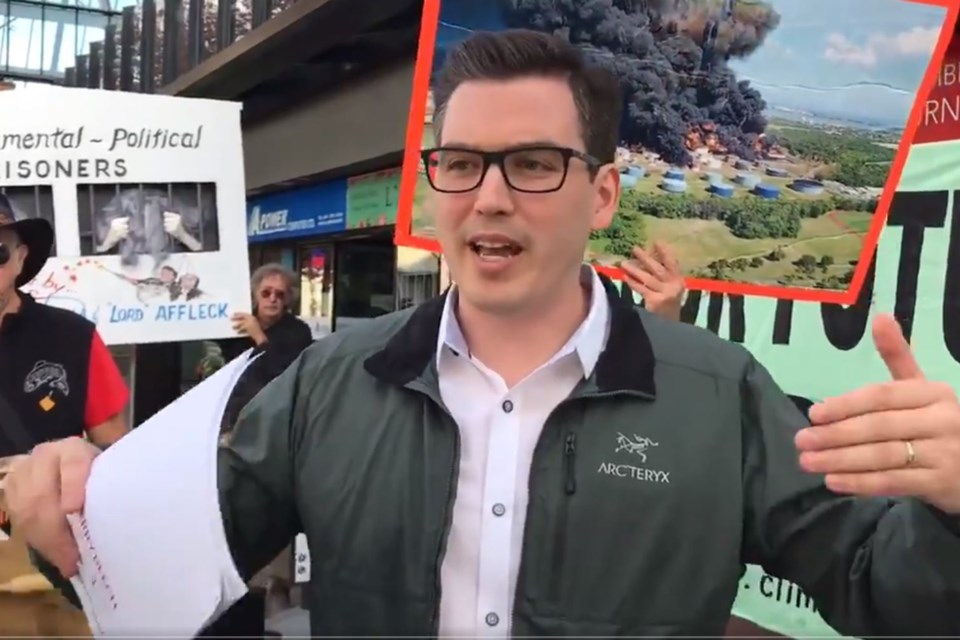Re: Beech’s big idea, NOW, Oct. 19
I would like to echo the sentiments by political commentator Michael Geller regarding Burnaby North-Seymour member of Parliament Terry Beech’s proposal to develop the southwest side of Burnaby Mountain where the Kinder Morgan Canada tank farm currently rests.
Conceived in 1974 by the City of Burnaby as a conservation effort to protect environmentally sensitive lands, the Burnaby Mountain Conservation Area eventually finalized with the transfer of lands from the provincial government in 1992.
The east side of the mountain top has been developed by SFU as a residential neighbourhood for both a financial benefit to the academic community and as a synergy to increase nearby student housing options
Conversely, to consider the redevelopment of the Kinder Morgan lands for residential use would deal an incredible blow to the future livability of this city.
Whether or not you’re a fan of how the city has gone about consulting residents with regards to the development within each of the town centres, the concept is sound. Create a framework to entice a high density of residents, services and employment to collocate within transit-serving nodes, in the expectation that those transit centres will build complete communities and take the weight off the road system.
This method is not only a sound way to future-proof our city in the face of rising gas prices and climate change, but it also has the advantage of taking pressure away from the urge to introduce density into single-family neighbourhoods – residential areas that are inadequately serviced by mass transit and cannot properly accommodate increased traffic or parking.
Developing the Kinder Morgan lands would not only harm the unique character of the nearby Forest Grove and Meadowood neighbourhoods, but it would also place thousands of additional automobiles on the road in a community that is too far from a transit station.
Furthermore, this development would inevitably put pressure on the ecology of the surrounding forested areas.
Not even mentioning the additional servicing costs, transit is a very expensive endeavour, and the city has thus far taken advantage of the economies of scale and land-shaping possibilities that it provides.
This recent election has impressed upon the need to improve our methods of consultation. However, let’s not throw out the baby with the bathwater – we have collectively created the groundwork for an intelligent and responsive city.
Let’s enhance our methods, and question the motives for these kinds of short-sighted, flash-in-the-pan ideas.
David Pereira is a Burnaby resident



